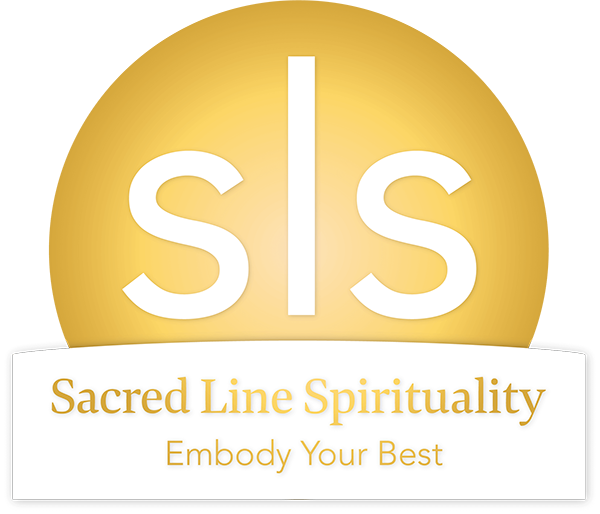I have a regret hangover.
My 17-year-old daughter plays in a 16-person fiddle ensemble. To wrap up the year, the fiddlers and their parents were invited out to an acreage for food, games and a "no" talent show.
When my wife and I arrived, the fiddlers and a few adults were playing 9-square - a volleyball-like game played in a 3X3 grid that is elevated above the players’ heads. I won’t go into the details but, IT’S FUN! Or, at least, it looked fun because I sat down in a lawn chair. First regret.
Second regret. I didn’t prepare anything for the "no" talent show. My wife felt that none of the other parents would follow the host’s request to “please come prepared with a skit, song, poem or musical (not so musical) piece to entertain our fiddlers.” I lazily aligned with her belief.
I like volleyball. I’m good at it and I seldom get an opportunity to play. I sat because I didn’t want to embarrass my daughter or somehow feel foolish myself, jumping in with the kids.
 Later, as I watched parents take their turns on the stage, I felt progressively worse about my choice to wallflower it. The pinnacle was when one couple who both recently had cancer surgery, walked to the front (one gingerly as the stitches were still that fresh) and did their best.
Later, as I watched parents take their turns on the stage, I felt progressively worse about my choice to wallflower it. The pinnacle was when one couple who both recently had cancer surgery, walked to the front (one gingerly as the stitches were still that fresh) and did their best.
Contemporary psychologist Abraham Maslow would have understood my plight. A founding father of positive psychology, Maslow believed that every person was driven by an innate desire to realize their potential, a need he referred to as “self-actualization.” Proponents of the theory would argue that regret lives in the gap between who you’re capable of being in any given moment and who you are actually being in that moment. I could have been more.
But what if I had embarrassed my wife, my daughter or myself? What if my “talent” wasn’t well received? Science says I wouldn’t feel as bad as I think. In The Myths of Happiness, Sonja Lyubomirsky explains that we consistently overestimate how bad we’ll feel in the future if something doesn’t go our way. This is one of her “myths” of happiness that’s so common scientists labelled it poor “affective forecasting.”
On the other hand, if you don’t aim to dissolve the gap between who you’re capable of being and who you’re actually being, then you run the risk of lamenting over what might have been … maybe in a blog post!
The bottom line is none of us can change the past, but we can control what we do in the future. Enter Tibetan wisdom. Geshe Michael Roach tells us in The Diamond Cutter that “guilty” doesn’t exist in the Tibetan language. The closest cousin is “intelligent regret that decides to do things differently.”
Lee Ann Womack sums it up singingly, “When you get the choice to sit it out or dance, I hope you dance” … But, if you do just sit there on your lawn chair, apply the soothing balm of “intelligent regret” and promise yourself that you’ll do things differently next time!
